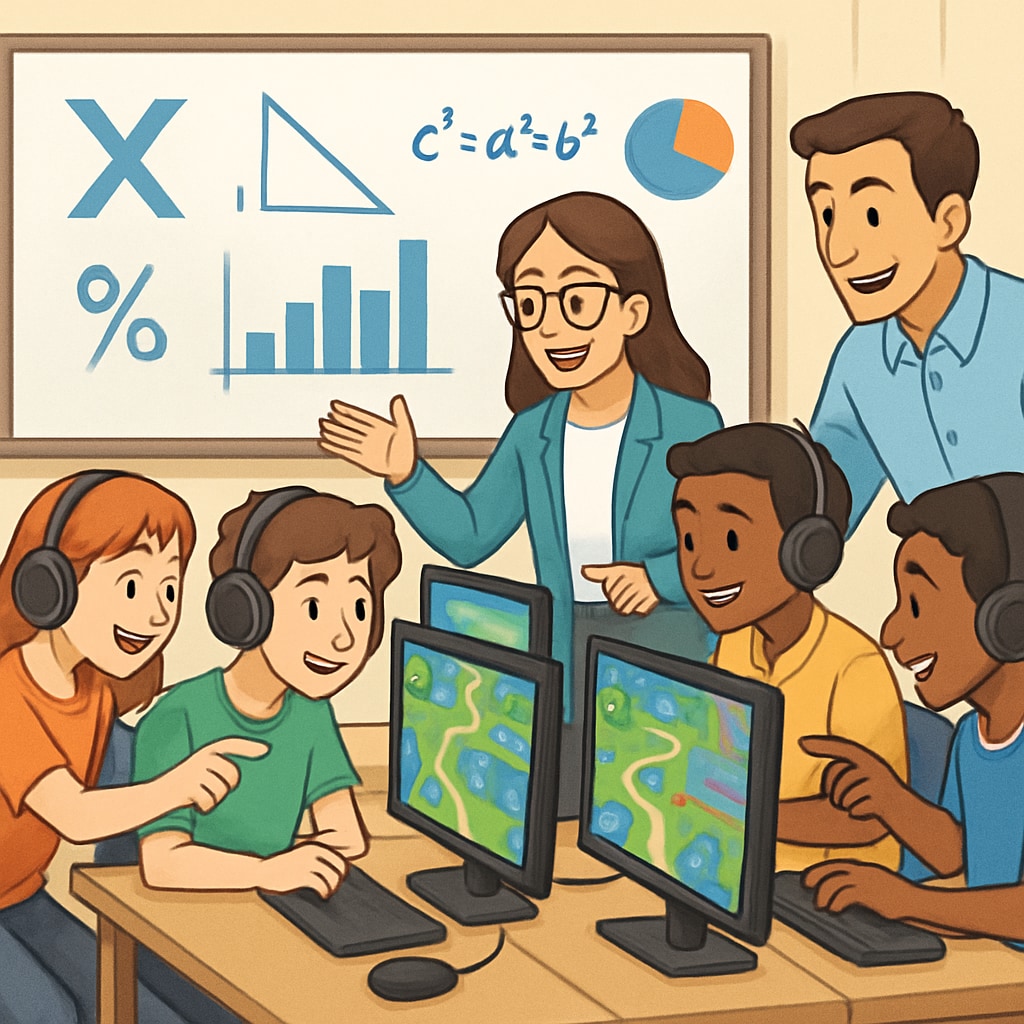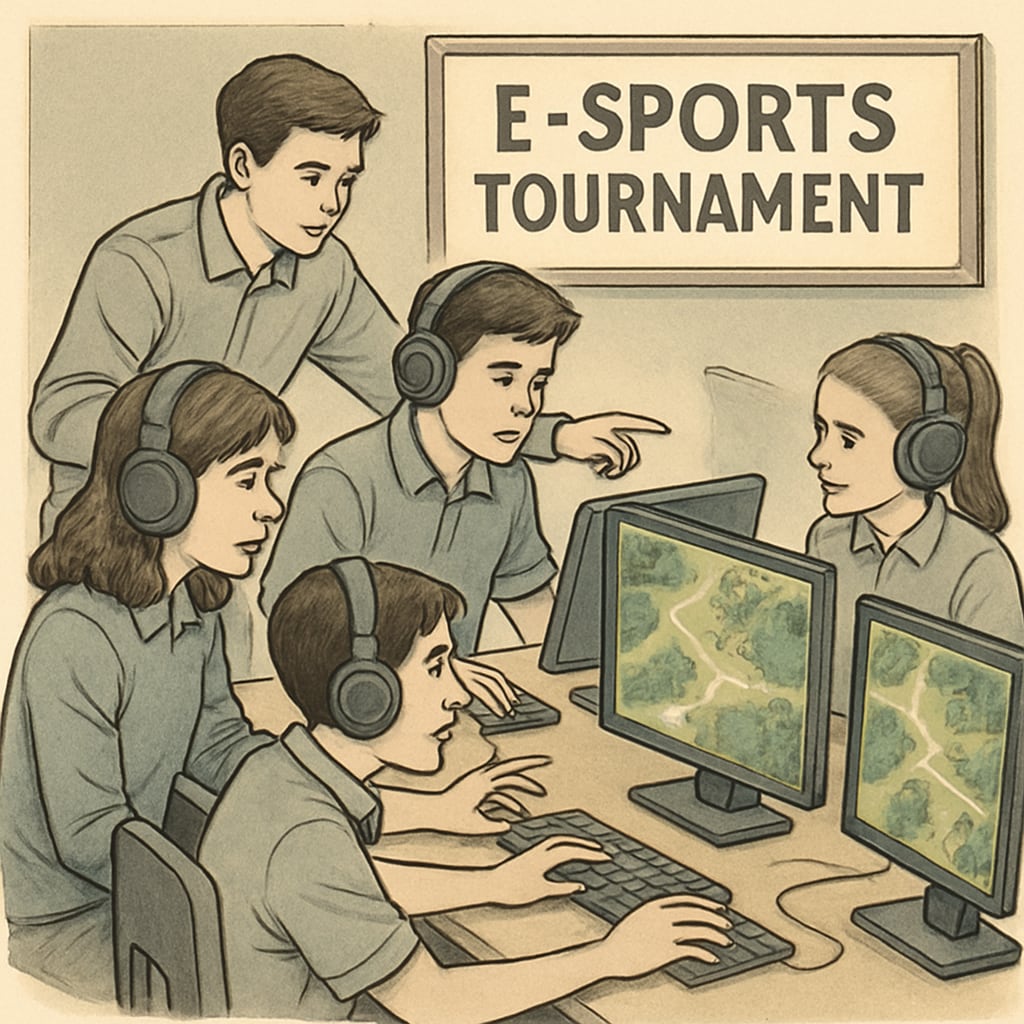Esports education, game-based learning, and strategic partnerships are paving the way for a new era in K12 education. The collaboration between GameClass and the North America Scholastic Esports Federation (NASEF) is a prime example of how these elements can revolutionize traditional learning. By incorporating video games into the curriculum of 9,000 esports clubs worldwide, they are creating an ecosystem where core academic subjects meet the dynamic and engaging world of gaming. This innovative approach not only reinvents the classroom experience but also equips students with skills that align with the demands of the 21st century.
The Strategic Partnership Driving Change
GameClass and NASEF’s partnership represents a forward-thinking step in educational innovation. GameClass, a platform focused on bridging learning and gaming, works in tandem with NASEF’s mission to cultivate student success through esports. Together, they are integrating game-based learning methodologies into traditional K12 frameworks. This partnership ensures that video games are no longer confined to the realm of entertainment but are instead utilized as powerful educational tools.
For instance, students can now engage in learning experiences where math, science, and even history lessons are embedded within gaming scenarios. This not only makes learning more interactive but also fosters critical thinking, teamwork, and problem-solving skills. According to a recent report by Edutopia, such methods significantly increase student engagement and retention rates, offering a compelling case for the widespread adoption of esports in education.

Game-Based Learning: Beyond the Screen
Game-based learning (GBL) is not just about playing video games; it’s about leveraging the principles of gaming to enhance the educational process. For example, concepts like reward systems, challenges, and interactive storytelling are being adapted to teach core subjects more effectively. This approach aligns with modern pedagogical theories that emphasize experiential learning and student-centered instruction.
Take physics as an example. Through esports, students might explore principles like velocity, force, and trajectory in games that simulate real-world physics. Similarly, strategy games can help teach resource management and decision-making, skills that are applicable in both academic and real-world contexts. As noted by the Britannica, the integration of gaming mechanics into learning capitalizes on the natural engagement video games provide, making it an effective educational strategy.

The Future of Esports in K12 Education
The introduction of esports into K12 education is not merely a trend; it’s a paradigm shift. As more schools adopt gaming as an educational tool, the potential for interdisciplinary learning grows. Subjects like computer science, language arts, and even social studies can be integrated into esports frameworks, creating a holistic learning experience.
Moreover, the esports industry itself provides career pathways in areas such as game design, digital marketing, and event management. This opens doors for students to explore opportunities beyond traditional careers, addressing the growing demand for tech-savvy professionals. By fostering these connections early, schools can better prepare students for the evolving job market.
However, for esports education to truly succeed, it requires support from educators, parents, and policymakers. Investment in training teachers to implement game-based learning effectively, as well as ensuring equitable access to technology, will be critical. As a result, initiatives like the GameClass-NASEF partnership serve as a model for how strategic collaboration can overcome these challenges and drive meaningful change.
Conclusion: The integration of esports and game-based learning into K12 education offers a unique opportunity to transform traditional teaching methods. By connecting video games with core academic subjects, educators can foster a more engaging, relevant, and skills-driven learning environment. As strategic partnerships like that of GameClass and NASEF continue to expand, the future of education looks set to embrace the dynamic potential of gaming in ways we are only beginning to imagine.


